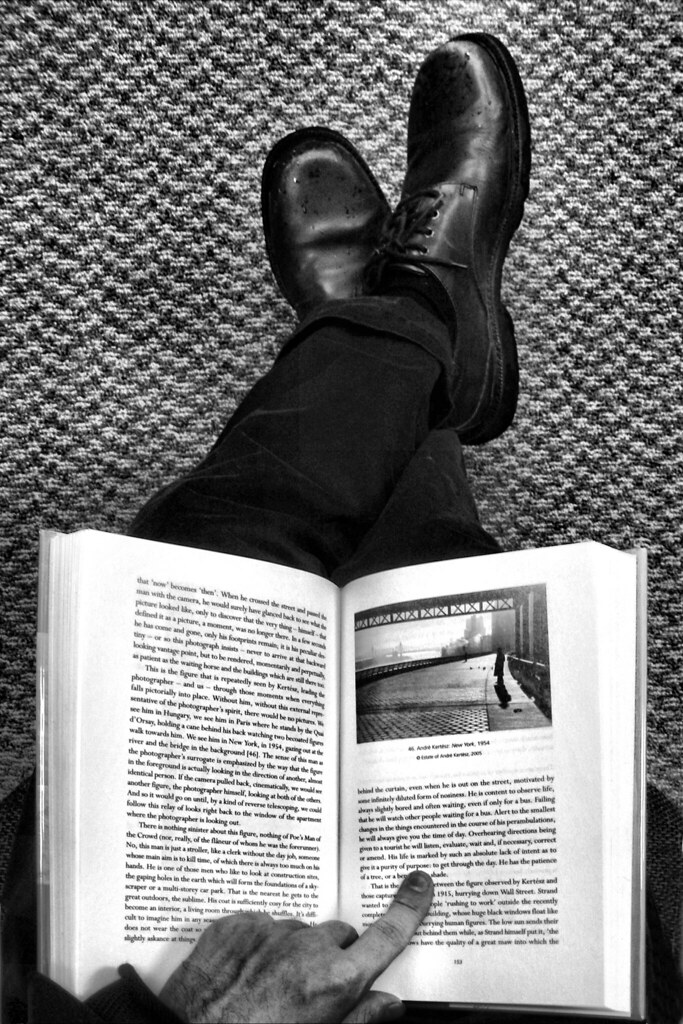I am not, by nature, a patient person. But thanks to my years of traveling, I have become a lot more patient than I used to be. Traveling has taught me many skills, but one of the best and most useful ones is that of patience.
Vagabondish is reader-supported. When you buy through links on our site, we may earn a small affiliate commission. Read our disclosure.
Here are five ways that travel will also teach you patience — definitely a virtue, as the saying goes.
#1: Learning to Wait
Waiting patiently is not a skill that most people have, but there is a lot of waiting involved when you travel. You can either get impatient or get used to it. Travel enough and you will definitely get used to it. You’ll realise getting impatient doesn’t help the Vietnamese bus turn up any sooner or the Italian corner restaurant open any earlier.
After enough travel, you might even learn to feel that waiting is a fun part of the experience! It used to irritate me when I had to wait around while traveling, especially if it was because some service I was waiting on was running late. But over time I managed to accept that I couldn’t change it and to see these waits as valuable breathing spaces on my travels — times to sit back and enjoy the scenery, and take a good long look at the different people and places around me.
#2: Making Yourself Understood
Dealing with people in other languages — whether you are trying to speak their language or they’re trying to use yours — is often not an easy thing to do. Patience is required for effective communication. Perhaps you need to take the time to look up some words in a phrase book or online, or you need to draw a sketch of what you’re after, or simply ask them to repeat themselves a few times so you can get the gist of the message.
If you don’t practice patience when trying to communicate in a foreign country, you simply won’t get what you are after. I’ve met people who become extremely frustrated by this, and others who have thought it must be impossible to actually communicate with someone when you don’t share many words (if any) of a common language. But it’s all about adopting a patient attitude so you can try multiple ways to explain or understand something.
#3: Having Captive Time
When you’re “trapped”, so to speak, on a long flight or train ride, you gradually learn to appreciate and enjoy this time as “captive time”. There is not a single thing you can do to make your plane fly faster or your train arrive sooner, so you need to find a way to be patient with the journey.
Personally, this “captive time” is one of my favourite parts of travelling — nobody has any expectations for me to do anything particular during this time. I can’t do any chores at home. I might be able to do a bit of writing work but nobody is standing over me, and I can’t even physically do too much besides sitting there (hopefully comfortably!).
Especially since I became a mother, and therefore very prone to attacks of guilt that I’m not doing enough for all the people I should be doing something for, sometimes the only time in months that I’ll feel properly guilt-free is when I’m captive while traveling. It’s fantastic!

“It’s Worth the Wait” © Neveen
#4: Anticipating Your Trip
Once your trip is planned, you’ll need to be patient until your departure date arrives. If you’re keen to start travelling and the time until then is taken up by working at a job you hate or finishing a set of exams, it might be difficult to remain patient right up until the moment you get on the plane. But exercise your patience and enjoy the planning time, knowing that you can do some reading or research on your destination, ready to make the most of your time there when you finally arrive.
I love the anticipation before a trip and although I’m sometimes anxious for the departure date to roll around, more often than not it comes around too soon as there are always a few more things I’d like to read or organize before I head off. When I was traveling more or less full-time I missed the anticipation phase and found myself wishing I had time to patiently wait for my next trip instead of diving head long into it.
#5: Getting to Know Different Cultures
If, like me, you come from a culture where many people believe that “time is money” and when service takes a long time, people become irritated, you will probably find yourself feeling impatient in some other cultures. There are many places around the world where the “time is money” philosophy is not at all how the locals think and act — where patience reigns supreme!
If you spend enough time in one of these more relaxed cultures, chances are good that you’ll grow to appreciate their more relaxed approach to life. You’ll probably even take a good dose of patience back to your own working and every day life. Think over those surveys you’ve no doubt seen about the happiest places in the world, full of people who don’t rush around and don’t show impatience with anyone — they just take life as it comes and get things done when they get things done.



